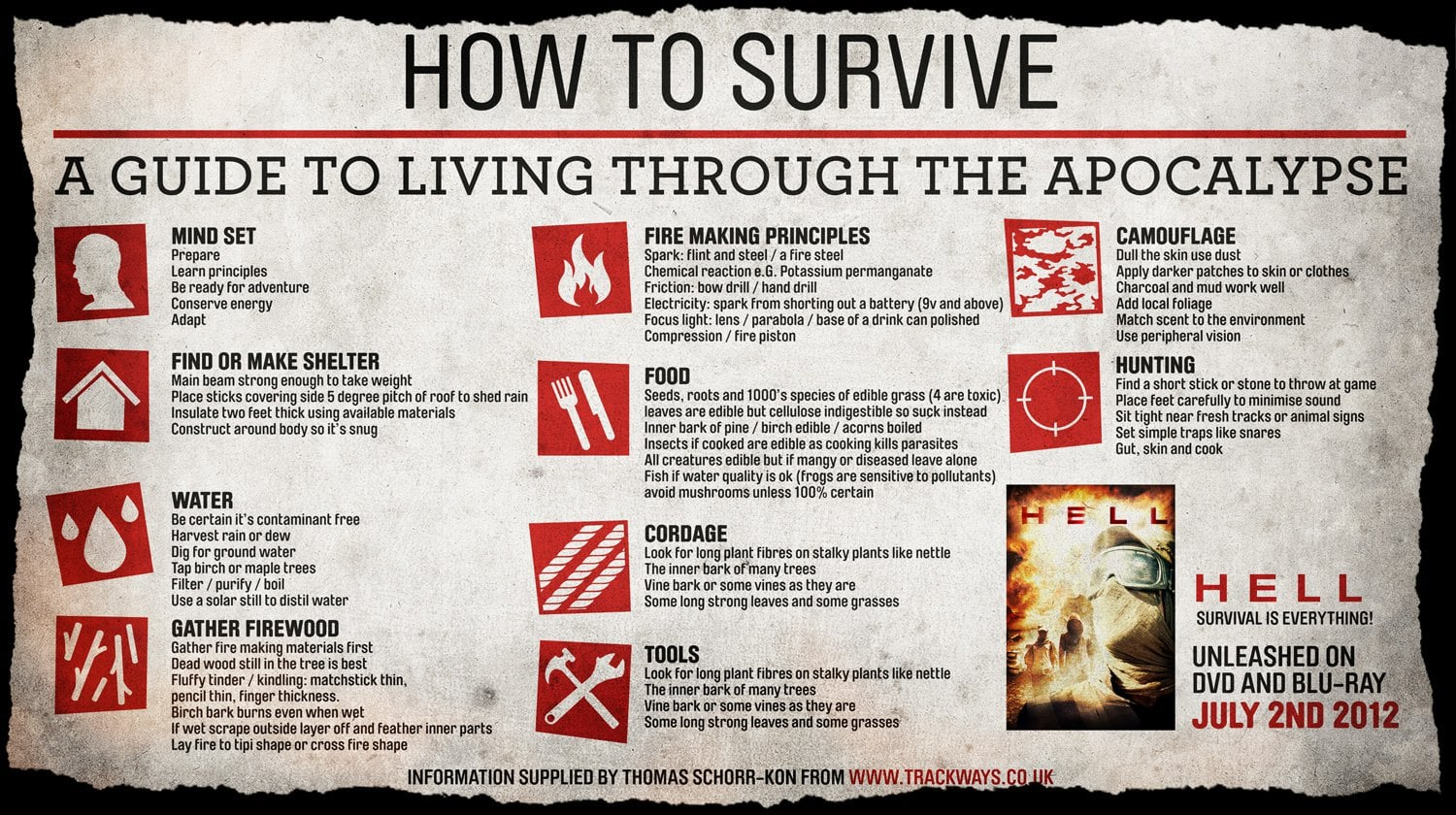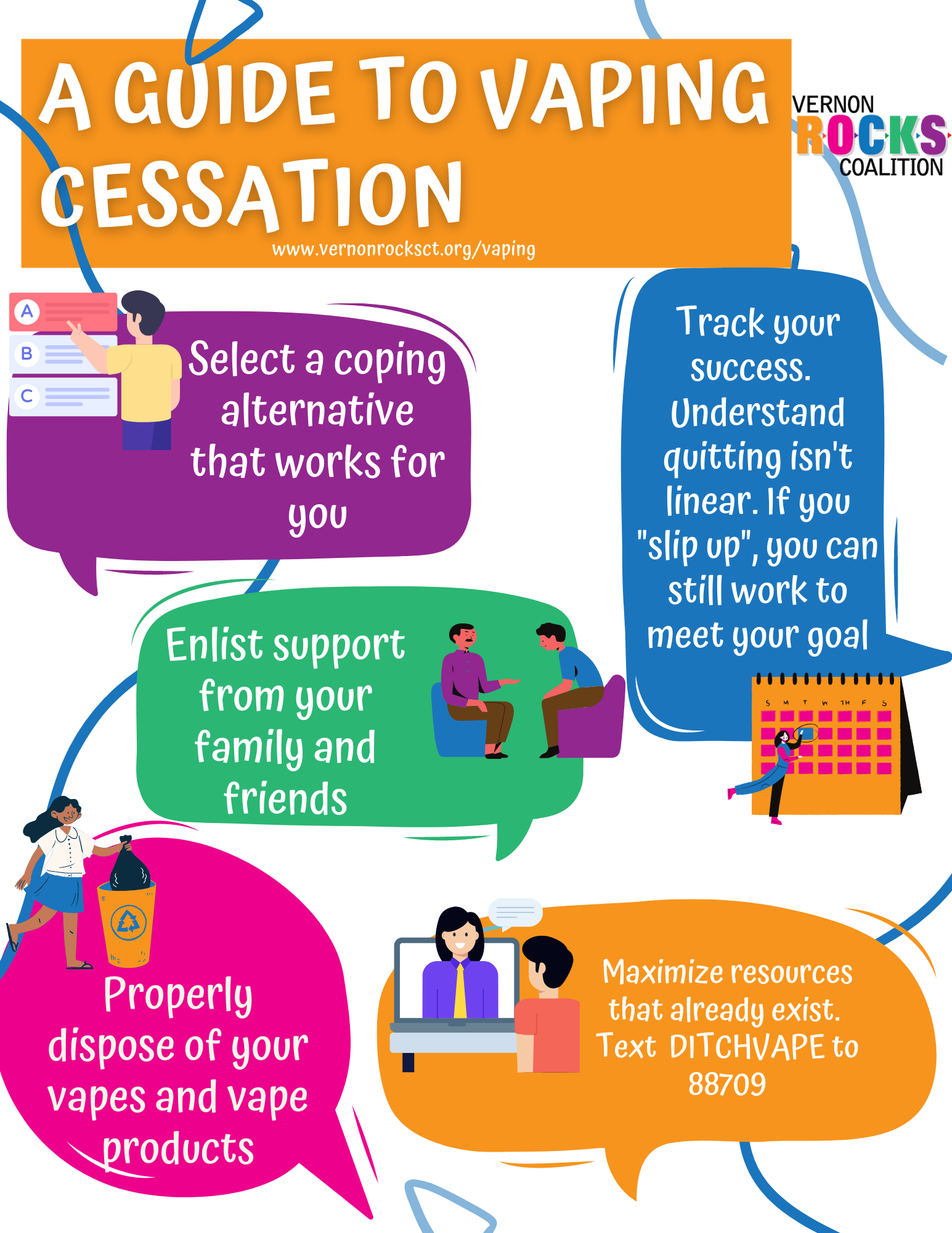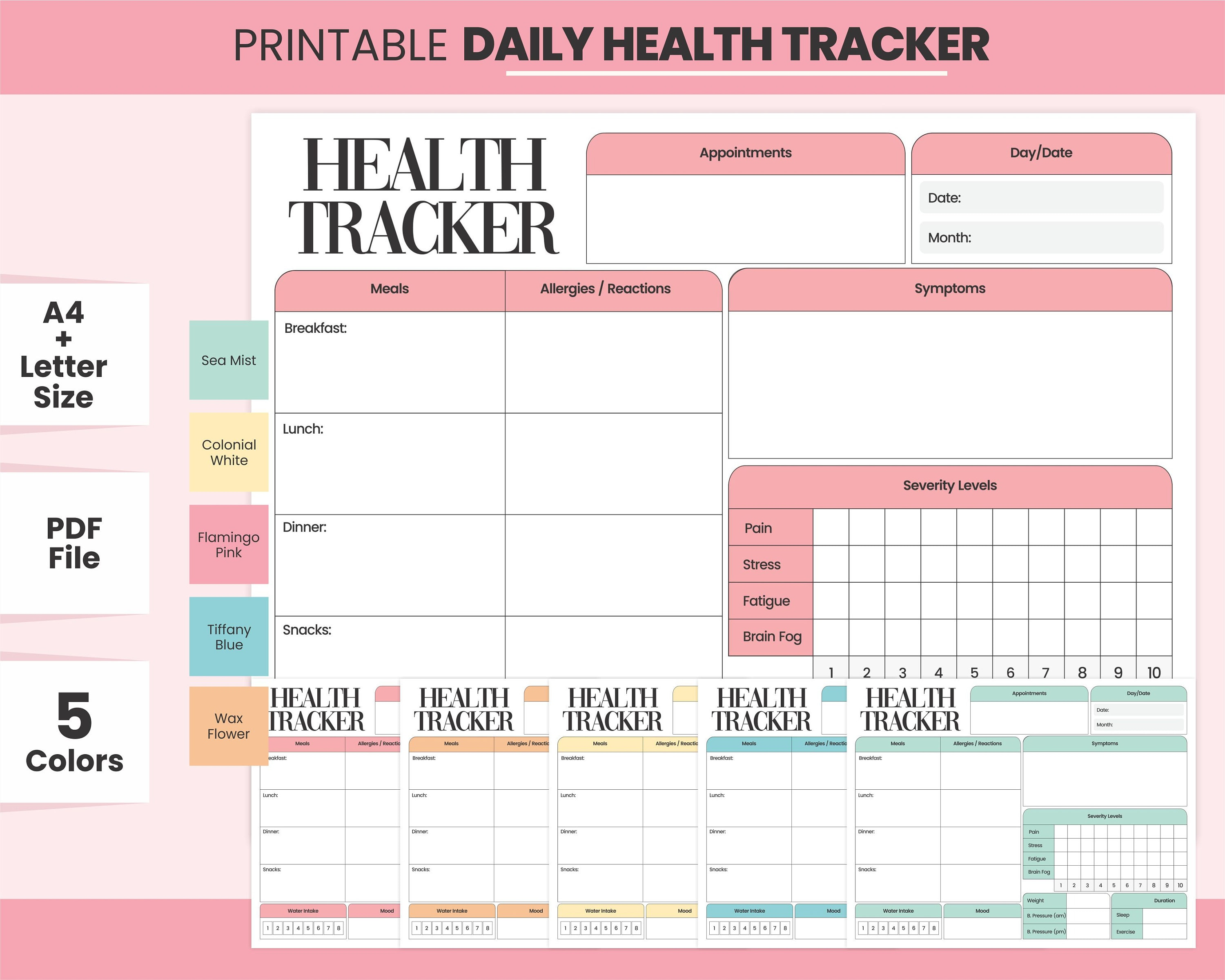
Manage Stress During an Apocalypse Effectively
Managing stress during an apocalypse is a critical skill that can significantly influence our ability to survive and thrive in uncertain times. As we navigate through crises sparked by climate change, pandemics, and rapid technological advancements, understanding effective stress management techniques becomes imperative. Psychological insights from experts like Athena Aktipis emphasize the importance of community support and cooperation during these turbulent periods, fostering resilience in the face of adversity. By adopting a proactive approach towards surviving an apocalypse, individuals can better equip themselves to handle the psychological challenges that arise. Ultimately, addressing the psychology of crises not only enhances our coping strategies but also ensures that we maintain our well-being amidst the chaos.
In times of extreme upheaval, finding ways to cope with anxiety and uncertainty becomes paramount. We must focus on effective methods for alleviating pressure during chaotic periods, often marked by significant shifts like societal collapse or environmental disasters. The insights shared by thought leaders can guide us in cultivating support networks and enhancing our adaptability. By embracing a mindset that prioritizes collaboration and community, we can transform our approach to navigating these turbulent experiences. Understanding the nature of crises allows us to cultivate resilience and foster stronger social bonds that will ultimately aid in our collective survival.
Understanding the Psychology of Crises
The psychology of crises can deeply influence our response to extreme challenges such as an apocalypse. When faced with disruptions like pandemics or climate emergencies, our mental framework shifts, often leading to heightened anxiety and stress. According to the insights of psychologist Athena Aktipis, understanding the psychological underpinnings of our reactions can help us navigate these tumultuous periods more effectively. By dissecting our fears and recognizing the commonality of crisis situations throughout human history, we can begin to manage our emotional responses rather than being overwhelmed by them.
Moreover, adopting a proactive approach to crisis psychology entails gaining insights from both evolutionary biology and behavioral science. This multidisciplinary perspective emphasizes that while we may instinctively react with fear, there’s potential for resilience and cooperation. Utilizing community support not only alleviates individual stress but can create a collective framework for addressing threats. Thus, grasping the psychology behind crises prepares us for better emotional regulation, ultimately helping us cultivate resilience in the face of the unpredictable.
Stress Management Techniques for Surviving an Apocalypse
Stress management is essential for survival during an apocalypse, especially when the uncertainty surrounding us can be paralyzing. Athena Aktipis identifies several effective stress management techniques that harness our inherent need for social connection and community collaboration. Techniques such as gathering diverse perspectives on threats, engaging in solution-oriented discussions, and curating social support networks prove invaluable in mitigating stress. This is critical, as remaining isolated during crises can exacerbate feelings of anxiety and helplessness.
Additionally, practical exercises recommended by Aktipis, including the acronym CHESS—Curiosity, Humor, Entertaining, Storytelling, and Socializing—highlight the importance of remaining connected with ourselves and others. These activities not only serve as stress-relievers but also help to foster an environment of collaboration and mutual aid, essential in apocalyptic scenarios. By actively engaging in enriching social experiences, individuals can build emotional resilience and prepare both psychologically and physically for unforeseen challenges.
The Role of Community Support in Crisis Situations
Community support emerges as a pivotal element in effectively managing stress during apocalyptic scenarios. In her discussions, Athena Aktipis emphasizes that strong social connections can significantly defuse personal distress and enhance collective problem-solving capabilities. In times of crisis, those integrating mutual aid systems into their communities often exhibit better psychological health and adaptability. The Maasai people’s traditional practice of Osotua offers a tangible example of how sharing resources without immediate reciprocity can build trust and sustainable support structures.
Furthermore, community support not only fosters an environment where individuals can express vulnerabilities but also enhances adaptive capacities against various forms of crisis. When people unite to tackle threats, they create a shared sense of purpose, transforming anxiety into collective action. This pooling of resources and skills reflects a deeper understanding of survival strategies that extend beyond individualism. Thus, fostering community interactions redefines our response strategies, highlighting the crucial role of interconnectedness during apocalyptic adversity.
Adventurous Mindsets: A Key to Resilience
Embracing an adventurous mindset can significantly bolster our resilience in the face of global crises and uncertainties. According to Athena Aktipis—who encourages individuals to channel their sense of adventure rather than succumb to fear—approaching challenges with curiosity can lead to innovative solutions. This mindset takes into account the endless possibilities that arise from adversity and prompts individuals to engage in experiential learning. By seeking out novel experiences and viewing crises as opportunities for growth, we empower ourselves to adapt creatively.
Additionally, cultivating adventure in everyday life allows us to retain a sense of playfulness even amidst adversity. Engaging with the world through a lens of curiosity encourages exploration and collaboration among individuals, leading to the development of strategies for managing stress. Such approaches not only enrich our current experiences but also prepare us mentally for potential future catastrophes, aligning our actions with a broader narrative of adapting to change while remaining connected to what brings us joy.
Learning to Live with Risk: A New Paradigm
In today’s unpredictable world, learning to live with risk has become an essential survival strategy. Athena Aktipis points out that many individuals fall into a risk-assessment loop, which can amplify stress rather than mitigate it. By gathering information about potential threats, individuals can gain clarity and make informed decisions without being paralyzed by uncertainty. This balanced approach encourages adaptive thinking, where one recognizes the ambiguity of risks and learns to navigate it without compromising mental well-being.
Furthermore, shifting our perception of risk from a threat to a manageable aspect of life can empower us. By focusing on our capacity to respond rather than merely reacting, we cultivate resilience. This paradigm shift allows individuals to acknowledge the presence of risks while simultaneously fostering a greater sense of agency, ultimately leading to a more fruitful engagement with our environment and communities. Such adaptability is vital during apocalyptic scenarios where fear can cloud judgment and hinder effective action.
The Importance of Curiosity in Uncertain Times
Curiosity plays a critical role in navigating uncertainty, particularly during crises like an apocalypse. Aktipis suggests that fostering curiosity about both our surroundings and the people we interact with can lead to richer understanding and improved problem-solving techniques. When faced with ambiguous situations, asking questions and exploring multiple perspectives encourages adaptability and broadens our knowledge base, thus lessening anxiety and stress.
Moreover, curiosity can serve as a catalyst for community engagement. By inviting others into a dialog, we not only learn from diverse experiences but also build stronger support networks. This interconnectedness enhances our collective resilience in the face of uncertainty, proving that curiosity is not just an individual attribute; it is integral to communal survival strategies. Developing a culture of inquiry within communities can lay the groundwork for effective collaboration and companionship during challenging times.
Rethinking Survival: Collaboration Over Competition
As we confront various existential threats, rethinking survival strategies to emphasize collaboration over competition is paramount. Athena Aktipis highlights that survival does not have to be a zero-sum game where resources are scarce and individuals must fight for their share. Instead, adopting a cooperative approach allows communities to pool resources and ensure everyone’s needs are met. This perspective fosters an environment where mutual aid becomes essential, and everyone is inclined to support one another, especially in times of crisis.
This collaborative mentality not only reduces stress and anxiety, but it also promotes a sense of belonging. When individuals work together towards common goals, such as resource sharing or community building, they nurture stronger connections that can withstand the pressures of an apocalypse. By redefining success as collective well-being, we can transform our approach to crises, paving the way for innovative solutions that benefit all members of society.
Building a Framework for Crisis Preparedness
Establishing a framework for crisis preparedness involves recognizing the multifaceted nature of potential disasters and equipping ourselves with the tools to manage them effectively. Techniques from psychology, as championed by Aktipis, advocate for a comprehensive approach to readiness. This involves assessing risks through multiple perspectives, gathering varied insights, and creating actionable plans that prioritize community support and resilience. Recognizing that crises are not solely challenges, but also opportunities for growth, is vital in building this framework.
Additionally, having structured responses that include collaborative methods can significantly enhance community preparedness. This may involve setting up regular discussion groups, skill-sharing sessions, and resource exchange programs that allow individuals to engage proactively rather than reactively. By fostering a culture of readiness and collective responsibility, we ensure that we are not only prepared for what lies ahead but also capable of thriving in an environment that demands adaptability and cooperation.
Transformative Experiences: Learning from the Past
Reflecting on past crises can provide valuable insights for effectively managing future challenges. Athena Aktipis asserts that understanding historical narratives surrounding struggles—whether arising from viruses, climate change, or economic instability—can help cultivate a better understanding of present situations. By analyzing collective experiences, we can learn what strategies worked, what fell short, and how we can adapt these lessons for our current context. Such reflections facilitate personal and community growth.
Moreover, embracing our collective history positions us to face modern crises with a well-rounded perspective. As we draw parallels between past apocalyptic events and present challenges, we can harness the wisdom of our predecessors to develop resilient communities. By doing so, we ensure that each transformative experience enriches our understanding and fortifies our resolve as we navigate an uncertain future together.
Frequently Asked Questions
How can I manage stress during an apocalypse effectively?
To manage stress during an apocalypse, it’s vital to gather as much relevant information as possible. Consider potential threats from various perspectives and engage your senses when assessing risks. Reach out to others for diverse viewpoints and ensure you don’t get stuck in a loop of endless risk assessment. Taking action, when necessary, is crucial for alleviating the stress associated with uncertainty.
What are some stress management techniques for surviving an apocalypse?
Effective stress management techniques during an apocalypse include practicing curiosity, engaging in humor, storytelling, and socializing. These elements, encapsulated in the CHESS acronym, help create community bonds that serve as mutual aid during crises. Priorities should shift towards activities that bring joy and engagement, balancing necessary survival tasks with enjoyable pursuits.
How does Athena Aktipis suggest we cope with stress in apocalyptic scenarios?
Athena Aktipis suggests coping with stress during apocalyptic scenarios by recognizing the ambiguity of threats and embracing a community-focused mindset. Building relationships and fostering cooperation can alleviate individual stress levels. Embracing a childlike curiosity and prioritizing meaningful endeavors contribute to better preparedness for facing uncertainties.
What role does community support play in managing stress during an apocalypse?
Community support is essential for managing stress during an apocalypse. Sharing experiences and resources among community members helps to create a support network, reducing feelings of isolation and anxiety. As highlighted by Athena Aktipis, mutual aid through social connections can be crucial during crises, enhancing resilience and collective coping mechanisms.
Can understanding the psychology of crises help manage stress during an apocalypse?
Yes, understanding the psychology of crises can significantly aid in managing stress during an apocalypse. By recognizing common human responses to stress, individuals can better prepare themselves mentally and emotionally. This understanding fosters proactive behaviors, encourages cooperation, and allows for more effective risk assessment and decision-making under pressure.
What is the importance of engaging multiple perspectives in stress management during an apocalypse?
Engaging multiple perspectives is critical for effective stress management during an apocalypse. This approach helps individuals to assess threats more accurately and avoid panic based on incomplete information. By consulting diverse viewpoints, such as those from community members or experts, you can broaden your understanding, reduce anxiety, and make more informed decisions.
How can adventure be leveraged to manage stress during an apocalypse?
Adventure can be a powerful tool for managing stress during an apocalypse by fostering a sense of purpose and engagement. Participating in meaningful activities that incorporate elements of exploration and learning can provide joy and divert attention from stressors. This aligns with Athena Aktipis’s perspective on creating a fulfilling life even in challenging times.
What strategies can help in building resilience to stress during apocalyptic events?
Building resilience to stress during apocalyptic events can be achieved through strategies such as establishing strong community ties, maintaining open communication, engaging in humor, and prioritizing enjoyable activities. Incorporating these practices can help individuals cope better and adapt to changing circumstances, lessening the overall impact of stress.
| Key Points | Details |
|---|---|
| Understanding Risk | We must assess potential threats with multiple perspectives and involve all our senses. |
| Gathering Information | It’s essential to collect diverse information and not get stuck in a risk-assessment cycle. |
| Building Community | Fostering connections can form mutual aid relationships, crucial during crises. |
| Emotional Resilience | Changing our mindset about suffering and joy can help improve our preparedness. |
| Curiosity and Playfulness | Engaging with curiosity and humor promotes better coping mechanisms. |
| Collaborative Success | Success should not be viewed as a zero-sum game; we should strive for collective growth. |
Summary
To effectively manage stress during an apocalypse, individuals must adopt a multifaceted approach that emphasizes community, cooperation, and emotional resilience. By gathering diverse perspectives on threats and nurturing social connections, we can enhance our ability to cope with the uncertainties that arise in such challenging times. Engaging with our inner child through curiosity and humor can also serve as a powerful tool in mitigating stress. In essence, the key to navigating apocalyptic scenarios lies not only in survival but also in adaptation, collaboration, and the continued pursuit of joy and connection.


